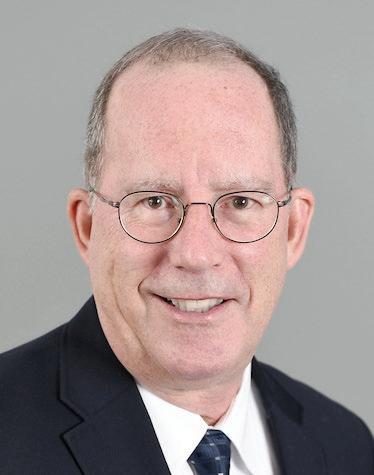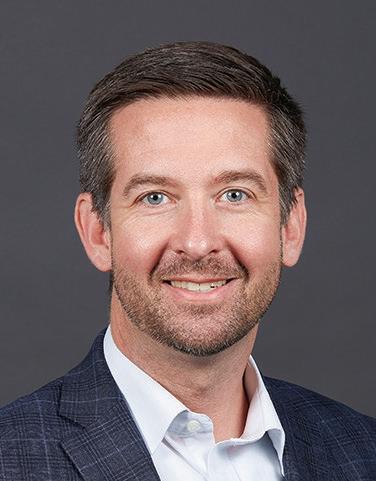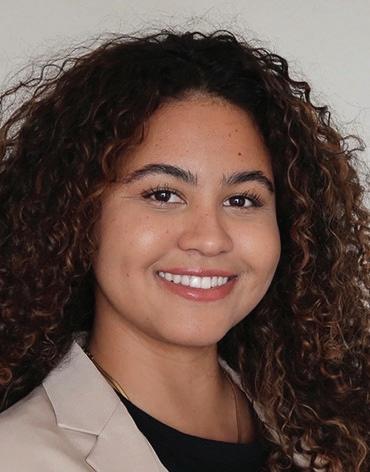No Surprises Act:
The Effect on Patients in Arizona
Spring 2023
 William Riley, Phelene De Vries Stoutt, Nate Wade
William Riley, Phelene De Vries Stoutt, Nate Wade

 William Riley, Phelene De Vries Stoutt, Nate Wade
William Riley, Phelene De Vries Stoutt, Nate Wade
Most individuals who are not enrolled in Medicare or Medicaid have private health plan coverage to pay for their medical expenses. Patients with private health plan coverage are accustomed to paying for a portion of their healthcare through deductibles and copays.
However, a little understood practice known as surprise medical billing can have a shocking and devastating financial impact on patients and families. A surprise medical bill occurs when a privately insured patient inadvertently receives care from an out-of-network provider. This has led to Arizona and federal legislation to protect patients from surprise out-of-network medical bills.
The Arizona and federal legislation protected approximately 8,050 Arizona patients from almost $14,000,000 in surprise medical bills in 2022.
The federal legislation, effective January 1, 2022, is more expansive than the Arizona law and allows payers and providers to resolve disputes over payments for surprise medical bills. This legislation safeguards patients1 from incurring financial responsibility for excessive billing for out-of-network emergency services, non-emergency services in an in-network facility, and air ambulance services. Under these laws, the patient is responsible only for an expected amount and excused from further liability to the out-of-network provider.
The initial results of Arizona and federal legislation to protect patients from medical billing disputes are impressive. Combined, the Arizona and federal programs involved approximately 8,050 Arizona patients who were protected from almost $14,000,000 in surprise medical bills.
These findings indicate that the Arizona and federal legislation have had the intended effects of taking the patient out of the payment dispute and ensuring fair and reasonable payments for both providers and payers.
In summary, these surprise billing dispute laws prove to be essential consumer protections and provide comprehensive safeguards for patients from surprise medical bills. The patient and family are no longer at risk for excessive charges for health services.
The financial impact of an actual surprise medical bill by comparing the patient responsibility before and after the federal legislation.
Only innetwork costs allowed
is professor for the Science of Health Care Delivery in the College of Health Solutions at Arizona State University (ASU). Riley is a leading authority in health care finance and serves as the director of the National Safety Net Advancement Center, which assists safety net organizations respond to health care payment reform. Dr. Riley is a national and international expert in quality improvement methods, techniques, and implementation to improve population health including a current $250 million project by the Arizona Health Care Cost Containment Program to improve health care equity. He is the author of more than 80 scientific articles and is coauthor of two books on applying quality improvement methods and techniques in health care.
Bill received his PhD from the University of Minnesota, School of Public Health. Prior to joining ASU, he was the Dean for External Affairs at the School of Public Health at the University of Minnesota. He is a former health care President and Chief Executive Officer for several health care systems.


William.J.Riley@asu.edu
602-803-4228
Stoutt is a Research Project oordinator for the College of Health Solutions at Arizona State University (ASU). Phelene received her masters in the Science of Healthcare Delivery from Arizona State University. She is skilled at managing project timelines, resources deliverables, and has a demonstrated track record of delivering high-quality results.

is an Assistant Research Professor as well as Executive Director for strategic initiatives and innovation for Arizona State University’s College of Health Solutions. With progressive leadership roles spanning two decades in higher education at three R1 institutions, Nate has committed himself to the advancement of social outcomes as well as academic disciplines in STEM, health, and healthcare. His research and initiatives have received funding from The Rockefeller Foundation, the National Institutes of Health, the Tohono O’odham Nation, the National Endowment for the Humanities, and the U.S. Department of Health and Human Services. Nate holds a Ph.D. in Human and Social Dimensions of Science and Technology from Arizona State University.